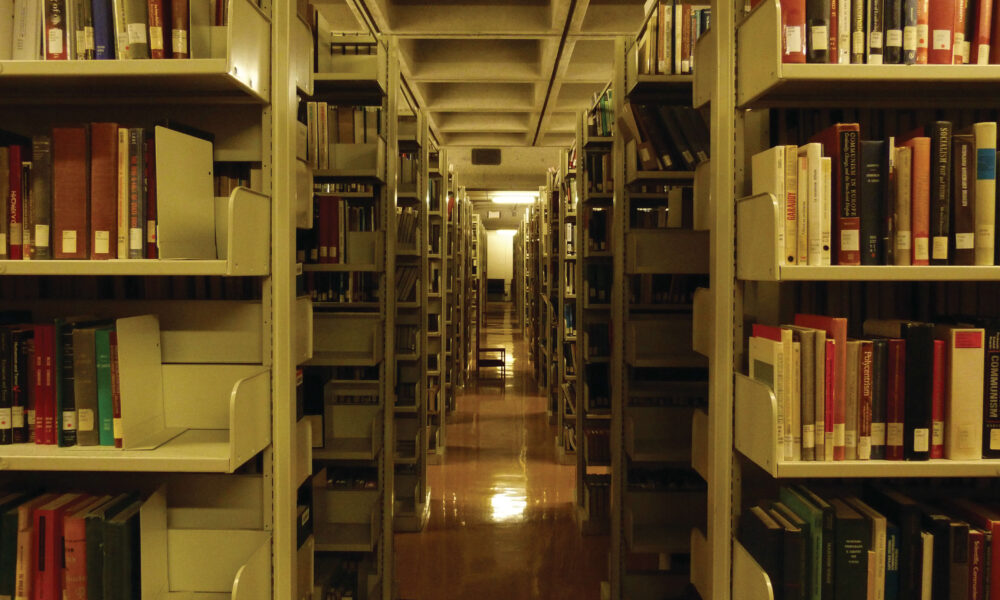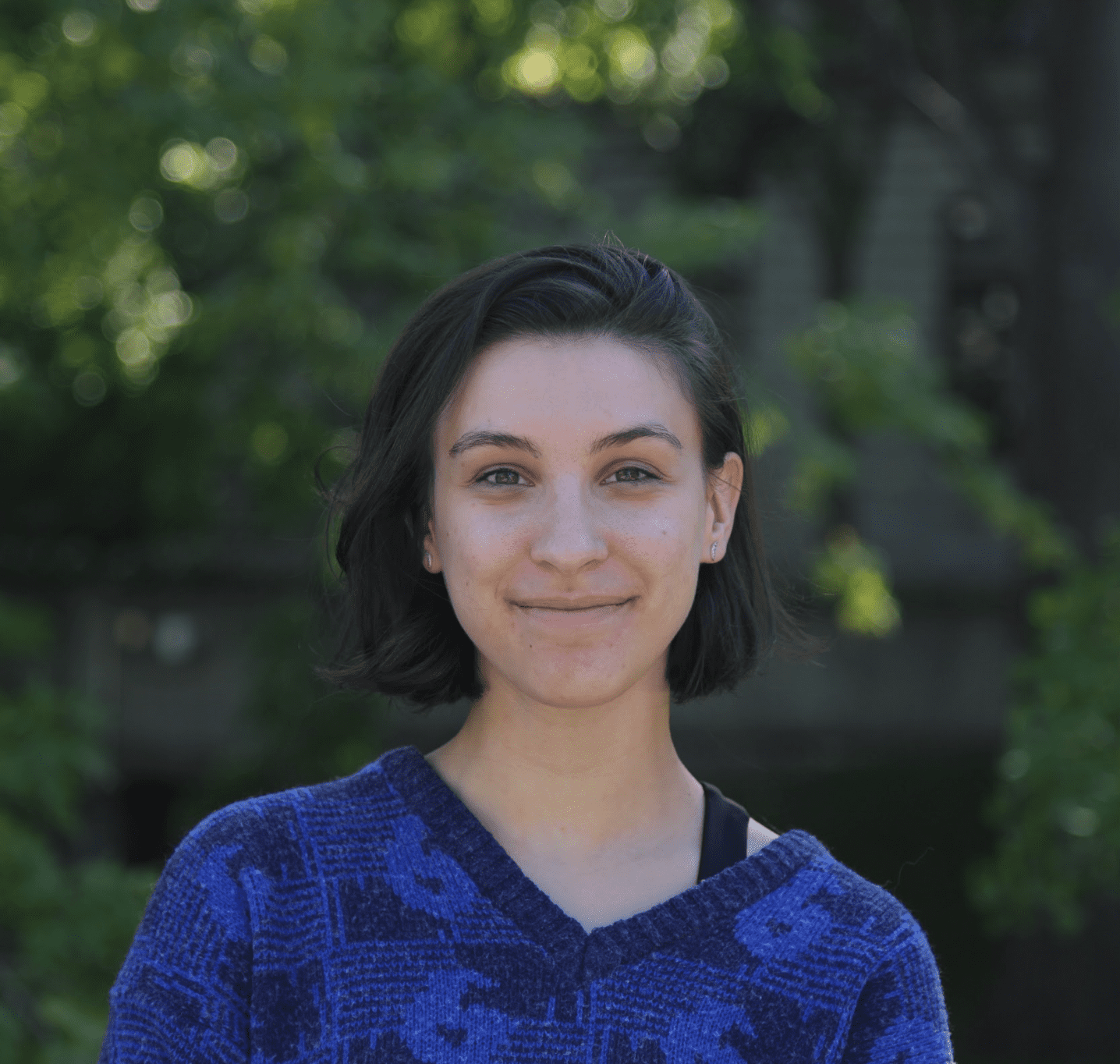Finals season is fast approaching, and with them comes extended library hours to accommodate students. Libraries are a popular study spot and as foot traffic increases, more students have to confront library policies like silent zones and bans on eating.
Anjolie Levêque, U2 Arts, is one of these students. On Oct. 31, Levêque was writing a midterm in the Humanities and Social Sciences Library and said that while it was “packed,” the noise level was not absurd.
“I got there around 12 and it was at 50 per cent capacity and I was on the fifth floor [….] By the time I left all the seats were taken,” Levêque said in an interview with The McGill Tribune. “I heard a bit of music coming from people’s earphones but today was actually pretty good. I have had some days where people talk very casually, full voice or constantly whispering in completely silent zones.”
Anaïs Salamon, head librarian of the Islamic Studies Library, and Sonia Smith, the acting head librarian of the Nahum Gelber Law Library, both told the Tribune in separate statements that controlling noise in their respective libraries is not something they have to monitor closely. Students typically self-regulate and respect the other students trying to work.
“If some students are noisy, they will be silenced by other students,” Smith wrote in an email to the Tribune. “We have […] very respectful students that come to the Law Library to study, instead of for the purpose of socializing.”
The generally calm atmosphere of the Law Library has not stopped library staff from having protocols in place for handling rowdy students. Ana Rogers-Butterworth, liaison librarian for the Law Library, told the Tribune in an email that librarians are not the only ones around to enforce the rules.
“Library staff is on site during open service desk hours […] to respond to any complaints and university security responds very quickly if needed. A security guard also does rounds throughout the day,” Rogers-Butterworth explained. “When the library is open and the service desk is closed […] there is a security guard stationed at the door and another security guard does regular rounds of the building.”
Back on McTavish, Salamon believes that the atmosphere and floor plan of the Islamic Studies Library is what keeps students quiet while they work.
“We are lucky to be in an environment that is conducive to quiet study: [T]he historical nature of the building, the bookshelves, and the individual study carrels seem to be enough to enforce the noise policy,” Salamon wrote. “The fact that the popularity of the [Islamic Studies Library] is constantly growing makes it a little more challenging for us to enforce policies, but it remains manageable.”
In the Islamic Studies Library, however, the policy that is most often violated is the no-food rule, according to Salamon. Most libraries have a policy against food because scraps and crumbs attract rodents and bugs, who often turn their attention to books when all the food is gone.
“I wish people would understand that food remains attract rats and mice and that there is a good reason why we ask them not to eat in the library,” Salamon wrote. “When we see users eating, we will ask them to pack up the food and go somewhere else to eat; but we know that as soon as we are gone people go back to eating.”
Some students, like Anakin McMahon, U3 Nursing, take issue with the no eating policy, especially when they find themselves spending hours at a time working.
“I have never had anyone tell me I shouldn’t [bring food], but I feel like we need to eat,” McMahon said in an interview with the Tribune. “For a lot of people who can’t go home between classes, this is probably the best place where they can eat an affordable lunch brought from home.”









